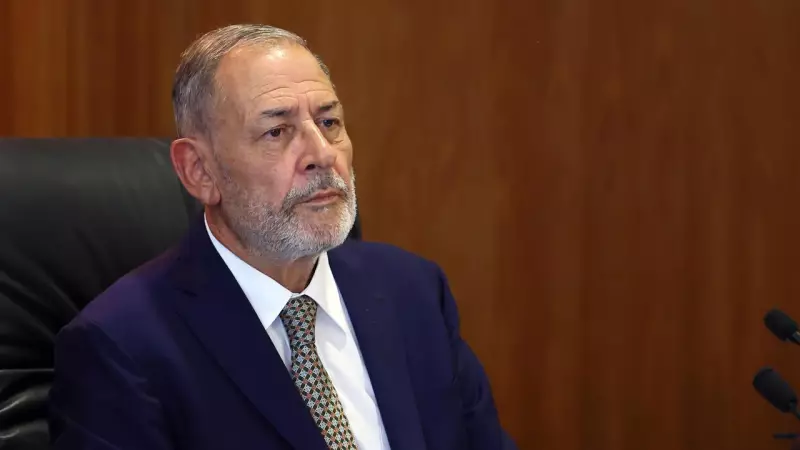
A major child protection inquiry in Far North Queensland has dealt a significant blow to the state government by refusing to allow departmental staff to give evidence in secret. The landmark decision ensures that testimony about the region's child safety services will be heard publicly, despite government concerns about protecting workers.
Commission Stands Firm on Transparency
The Queensland Family and Child Commission, led by Commissioner Luke Twyford, firmly rejected the Department of Child Safety's application to have staff members provide evidence confidentially. The department had sought to shield its employees from public scrutiny during the Cairns hearing, arguing that exposure could cause undue stress and potentially identify vulnerable children and families.
However, Commissioner Twyford emphasized that public transparency must take priority in matters of child protection. The commission determined that the community's right to understand how child safety services operate outweighs the department's concerns about staff privacy. This ruling means that all evidence presented to the inquiry will be subject to public examination and media reporting.
Focus on Far North Queensland Services
The current inquiry represents a crucial examination of child protection practices specifically in the Far North Queensland region. Commissioner Twyford highlighted that the investigation aims to assess whether the child safety system adequately serves vulnerable children and families in this particular area.
The Cairns hearing forms part of a broader statewide review of Queensland's child protection framework. The commission has been traveling across Queensland to gather evidence about how the system functions in different communities. The Far North Queensland component is considered particularly important due to the region's unique demographic challenges and geographical isolation.
Previous hearings in other regions have already uncovered significant concerns about resource allocation, staff training, and response times to child safety reports. The Cairns sessions are expected to reveal whether similar issues affect the northernmost part of the state.
Broader Implications for Child Protection
This decision against secret testimony sets an important precedent for how future child protection inquiries will operate in Queensland. By insisting on public evidence, the commission ensures that the department's practices remain subject to community oversight and accountability.
The ruling comes at a time when child protection services across Australia face increasing scrutiny. Several high-profile cases have raised questions about whether systems are adequately protecting vulnerable children. The Queensland inquiry aims to identify both strengths and weaknesses in the current approach to inform future improvements.
Commissioner Twyford has indicated that the findings from the Cairns hearing, along with evidence gathered from other regions, will contribute to a comprehensive report with recommendations for systemic improvements. This report is expected to influence child protection policy and funding decisions in Queensland for years to come.
The inquiry continues to hear evidence from various stakeholders, including frontline workers, community organizations, and families with direct experience of the child protection system. All testimony will now be presented in open sessions, allowing full public awareness of the issues affecting child safety in Far North Queensland.





